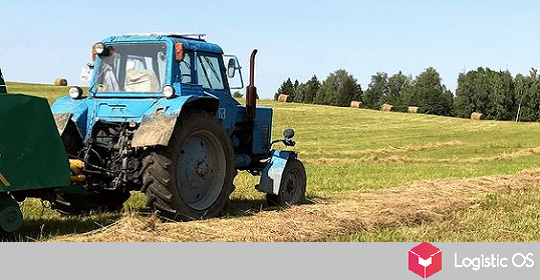India is concerned about the country’s food security and is planning to force all traders to disclose their wheat reserves.
The Indian government requires weekly disclosure of stockpiles of wheat, similar to what it already does for rice.
It is stated that such a measure is needed in order to ensure the country’s food security at a high level, as well as to prevent various speculations and price manipulations on the part of any market participants.
Currently, India is the world’s second largest consumer of wheat after China, so the issue of food security is very acute.
In recent years, it has become especially aggravated, since in the 2022-2023 and 2023-2024 seasons, extreme heat in many regions of the country significantly reduced the harvest.
Last year, for example, the state planned to purchase about 34 million tons of wheat from farmers, but in fact it was possible to purchase only 26 million tons, and therefore the reserves of this crop are now at a historically low level of about 10 million tons.
All this forces India to use imports as one of the main instruments of its food security.
And from this point of view, preventing the creation of artificial shortages and price manipulation is very important, the authorities believe.
“To strengthen food security measures and curb potential hoarding and speculative practices, the Government of India has issued a directive requiring traders, wholesalers, retailers, large chain retailers and processors in all states and union territories to declare their wheat stocks,” the Indian statement noted. agricultural publication Krishi Jagran.
It is planned that data will need to be provided through a special portal.
At the same time, the Department of Food and Public Distribution of India emphasizes that each market participant is responsible for publishing reliable information in a timely manner.
Anyone who has not yet registered on the portal should do so as quickly as possible.
Experts note that by using technology and introducing regulatory oversight, authorities are seeking to mitigate disruptions in the supply chain and protect the interests of consumers.
It is possible that in the future similar measures will be extended to other crops important for the country’s food security, and that the authorities will develop penalties to be imposed on those who provide information about available grain reserves late or incomplete.

